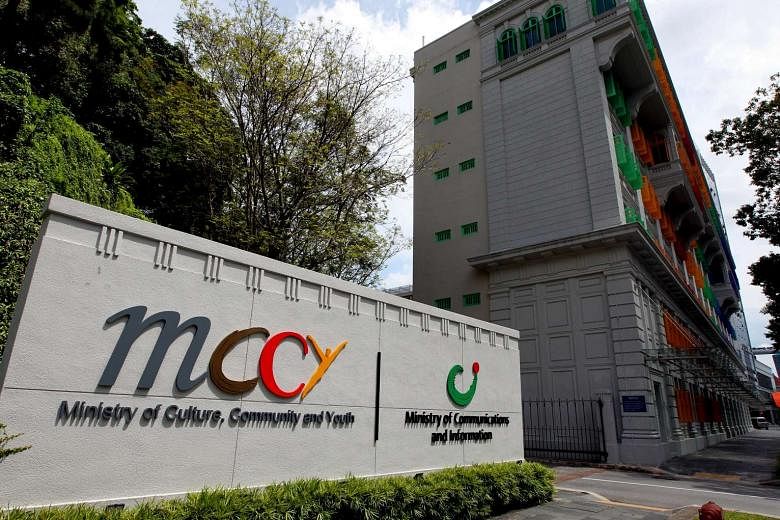The Islamic Religious Council of Singapore (Muis) will have a bigger say on the appointment of trustees of properties or assets bequeathed by Muslims to their community, under proposed changes to the law governing Muslim affairs in Singapore.
It has to give approval in writing before a new trustee can be named for an endowed property, or wakaf.
Another planned move requires couples, where one party is younger than 21, to attend a preparation programme before they can marry.
These are among planned changes to the Administration of Muslim Law Act (Amla), on which the Government is seeking public feedback.
They were spelt out in a consultation paper released yesterday on the websites of the Ministry of Culture, Community and Youth (MCCY) and feedback unit Reach.
MCCY said the new requirement on wakaf trustees is a key measure to safeguard Muis' responsibility to administer all such assets. Also, Muis' consent must be obtained before any court proceedings on the removal or appointment of wakaf trustees can be started.
MCCY cited a High Court case last year in which trustees of the Valibhoy Charitable Trust wakaf sought to remove and replace another trustee. The court struck out the application as it held that jurisdiction to do so rested solely in Muis.
"The proposed amendment seeks to ensure that Muis is apprised of any trustee disputes and where possible, it may try to resolve these at the outset," MCCY said.
A wakaf will also have to establish a separate sinking fund for the future maintenance of the properties.
How much to set aside will be decided by Muis according to the income level of the wakaf and the needs of its beneficiaries, but the amount will not exceed 20 per cent of the wakaf's annual net income.
A Muis spokesman said yesterday it will hold sessions with wakaf trustees, mosque leaders and others to explain and seek feedback on the changes. "It is hoped that through these amendments, the community will benefit from better governance, efficiency and sustainability of its key religious institutions."
Amla is regularly reviewed to ensure it is relevant, stays up to date and serves the needs of the Muslim community. MCCY said the latest proposed changes "seek to reinforce Muslim institutions, enhance the management of Muslim assets and strengthen Muslim families".
The requirement to attend the pre-marriage course aims to help raise young couples' awareness of potential challenges, guide them in managing these issues and flag the available support after marriage. Couples will also have to obtain their parents' consent to get married if one party is younger than 21.
As for couples planning to divorce, an existing requirement that they be referred to counselling or a family support programme at any stage of the proceedings will be enshrined in Amla. This will instil a more "child-centric" approach during the proceedings, MCCY said.
The deadline for comments is 6pm on April 13, via e-mail to amlafeedback@mccy.gov.sg or by post to MCCY.

